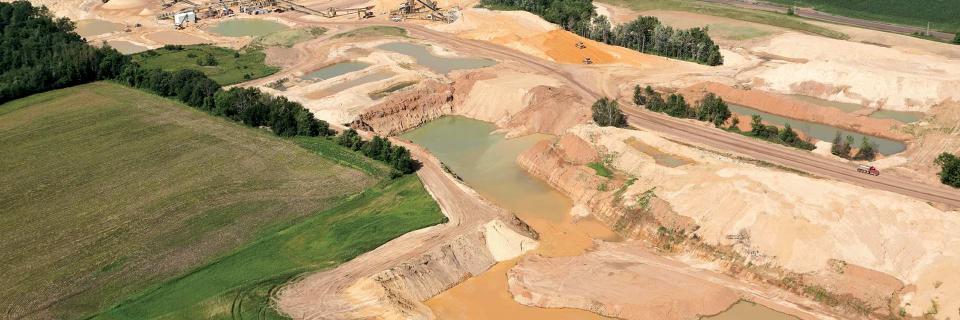
A good master service agreement (MSA) will save time and headaches on a complex project. In the oil and gas industry, the MSA sets contractual terms among the companies involved in exploration, drilling, production and service. The agreement outlines the risks and responsibilities among contractors and employees through the life of a project. This eliminates renegotiation and disputes as project work changes.
The MSA also spells out your company’s liability if an accident occurs. In the fast-paced world of oilfield services, it is tempting to take on new business with a handshake. However it is in the best interest of your company and the oilfield operator to have a signed MSA on file. The alternative could be a lawsuit for millions of dollars and financial ruin.
An oil and gas MSA can be an overwhelming document with several difference clauses. Here are six important tips to help ensure that your business interests are protected in the agreement:
The MSA is not a work order
The agreement establishes how business will be conducted on the work site but it does not address specific jobs. Key areas that are covered in an MSA include warranties, payment terms, liability insurance and risk management. Many MSAs establish the length of the contract, dispute resolution and termination. The agreement may also dictate business practices like inspections, worksite clean-up and maintenance of payment records.
The MSA says nothing about how many hours your company will work or how much revenue you will generate. Your work orders contain specific information about the cost, location and work done on a particular job. If any information in the work order conflicts with the MSA terms, the MSA takes precedence.
Does the agreement cover all of your services?
Make sure the MSA’s language about your company accurately describes all of the work you could potentially do for the project. For example, your company might do welding on a worksite and see the work expand to swabbing or equipment leasing. An MSA that does not include those other services could create liability for your company. Negotiate an agreement that focuses on all of your company’s services, not just the ones that are needed right now.
Who is held harmless?
The MSA determines who is responsible in the event of injury to a worker or damage to equipment. Many MSAs include indemnity or “held harmless” provisions in which the operator and contractors are liable for what happens to their own employees. All parties agree not to take legal action against each other if there is an injury or accident on the worksite. This clause is also known as reciprocal indemnity or a “knock-for-knock” provision.
Indemnity is crucial for drilling and other oilfield projects where the risk of injury can be relatively high. Many indemnity clauses also address pollution and environmental damage in light of the 2010 Deepwater Horizon oil spill. Before accepting responsibility for what happens to your workers and equipment, assess the risk of your role in the project. Make sure your company has the right amount of liability insurance to cover that risk. Some MSAs even require contractors to show certificates of insurance to prove that they are covered.
Finally, familiarize yourself with state law. Different states have various laws on the books about knock-for-knock provisions. States like Texas, Louisiana and New Mexico have “anti-indemnity” statutes. These laws are meant to protect smaller contractors from an operator’s negligence. Make sure you understand your company’s legal rights in the state where you operate.
Watch for harmful restrictions
In some instances, the MSA may include payment terms and restrictions that conflict with work orders and other contracts. This may come back to haunt you since the MSA acts as a blanket contract over other agreements. Make sure the MSA does not include language that could limit your company’s ability to do work and make money on the project.
How can the agreement be terminated?
Most MSAs include a termination clause. This spells out what is expected from all parties and what is considered breach of contract. Make sure the language does not set your company up for failure. Watch out for clauses that call for automatic termination for work not performed in a certain time frame. You do not want the termination clause to be too specific or demanding.
Do not sign anything you do not understand
If your company has never negotiated an MSA before, you should have a lawyer look at the agreement. Even if you are familiar with MSAs, you may come across one with terms that are difficult to understand. Consult an expert to help negotiate a beneficial agreement that protects your company’s interests.
Sources: Oil & Gas IQ, Association of Corporate Counsel, Law360, Swingle Collins & Associates, Liskow & Lewis, Beirne Maynard & Parsons LLP